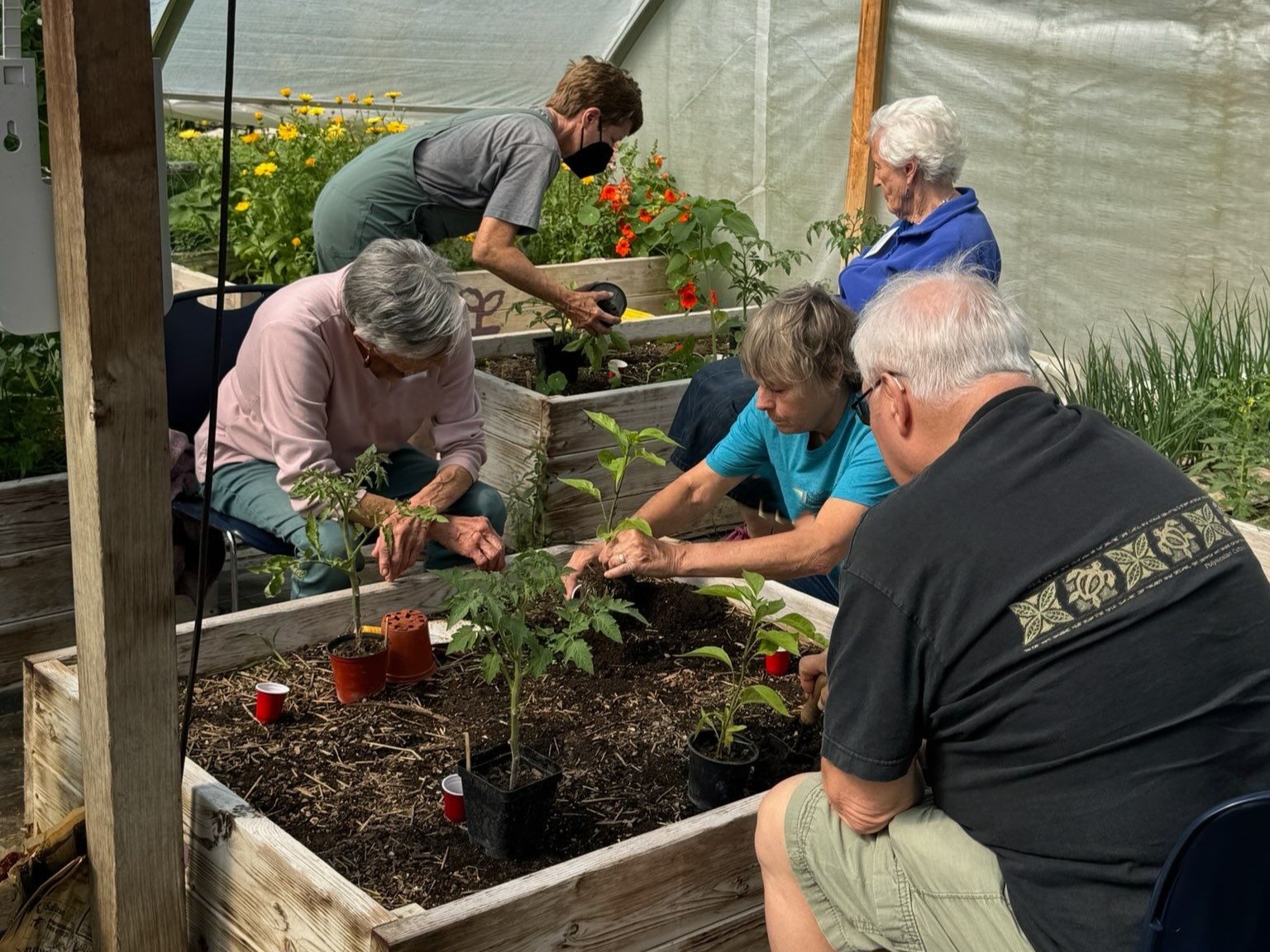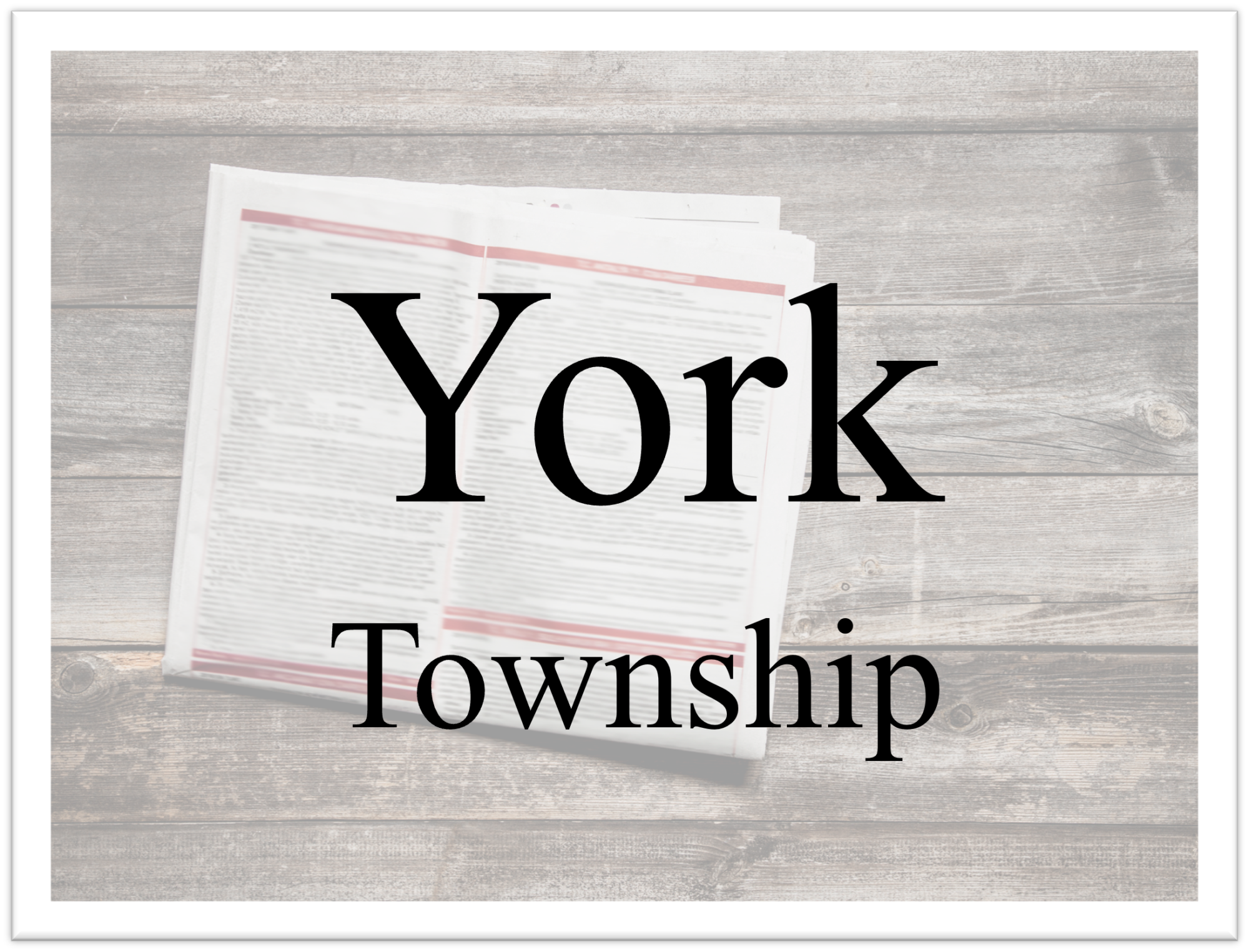How local businesses like The Owl in Milan and Sorellina in Traverse City are thriving by supporting each other and fostering strong community ties.
Photo: The Owl, Morning Til’ Night. Credit: Erin Tellas Photography
In small-town America, the strength of local economies is often rooted in the relationships between locals and businesses. While much attention is given to how patrons support their community by shopping, dining, and engaging with local shops, there is another essential dynamic at play: local businesses supporting other local businesses. This network of mutual support forms the backbone of many small towns, driving economic growth, fostering creativity, and cultivating a deep sense of community.
Small-town downtowns often hold a unique appeal, whether through weekly farmers’ markets or seasonal events like “Small Business Saturdays,” which invite residents and visitors to celebrate the charm of locally owned shops, cafes, and restaurants. In these moments, the community visibly rallies behind its local businesses, creating an atmosphere that feels personal and authentic. However, what truly sustains these downtown areas is the less-visible collaboration between the businesses themselves.
The Owl in Milan: The Benefits of Local Sourcing and Collaboration
A prime example of this dynamic can be found at The Owl, Morning Til’ Night, a coffee shop and bar nestled in the heart of Milan, Michigan. Under the leadership of owner Ryan Wilman, The Owl has become a key player in the local economy, giving thanks to its partnerships with other nearby businesses. These collaborations provide more than just high-quality products; they also strengthen the sense of community and foster direct relationships with local producers.
Wilman emphasizes how knowing exactly where their ingredients come from—and the ethical practices behind them—deepens the bond between The Owl and its partners. For example, Wilman has formed a strong connection with Zilke’s Farm, a local farm that provides fresh, seasonal ingredients. “It’s great to have a partnership with a local business,” Wilman explains, “knowing where the product is coming from, how they treat their employees, their business practices—it gives us a more direct connection.” Wilman highlights how working with local farms and producers like Zilke’s Farm not only improves the quality of the food and drinks he serves but also helps to develop a deeper connection to the community that it serves.
The Owl’s commitment to local sourcing is evident in its menu, consistently containing locally inspired cocktails. One of their signature cocktails, the “Lavender Haze,” is made with Michigan wildflower honey, lavender from Lavender Lane, a nearby farm, and Ann Arbor Revival Gin from a local distillery. Beyond the culinary appeal, this cocktail illustrates how one drink can represent multiple local businesses working together to create something unique. The house gin, also from the Ann Arbor Distillery, not only supports a Michigan-based business but also contributes to local nonprofits with each sale, further embedding The Owl into the fabric of the community.
The bar also sources products like vodka from Detroit’s Two James Distillery and collaborates with Rich Grains Bakery, a local baker who rents space from Zilke’s Farm. This bakery, known for its amazing croissants, has become part of The Owl’s story, as the partnership enhances both businesses’ reach and appeal. Whether it’s introducing a new cocktail featuring local lavender or switching to a new local vodka, these collaborations give The Owl the opportunity to continually adapt while simultaneously creating fun new experiences for their customers.
Sorellina in Traverse City: Celebrating Local Flavors
In Traverse City, Michigan, Sorellina offers another outstanding example of how local businesses support one another to create a richer community experience. Sorellina, an upscale Italian restaurant, thrives on partnerships with local farms, vineyards, and purveyors to craft dishes that not only reflect the region’s agricultural heritage but also elevate the dining experience for visitors and locals alike.
Sorellina sources much of its produce from nearby farms, such as the Norconk Farm in Leelanau County, which supplies asparagus during the spring season. These types of connections to the local food scene creates an experience for diners that goes beyond just a meal. “When you know that the food on your plate was grown just miles away, it adds a layer of meaning,” Sorellina’s management explains. “It’s not just about supporting our restaurant—you’re supporting the entire network of local producers that make up this community.”
The restaurant also emphasizes local wines from various vineyards across the city, showcasing a taste of Traverse City through its drink menu. Guests might find themselves sipping on a wine they tasted earlier in the day at a nearby vineyard, such as Bowers Harbor Pinot Grigio or Black Star Farms Merlot, creating a full-circle experience that connects them to the area’s rich wine culture. This approach builds loyalty and makes Sorellina more than just a restaurant—it becomes a gateway for visitors to engage with the broader local economy with every sip and each bite along their journey.


This philosophy extends to broader community efforts as well. Sorellina takes part in Traverse City’s Restaurant Week, an event where local restaurants collaborate to create special menus and promotions, drawing in tourists and residents alike. By participating in such events, Sorellina and its peers create a collective draw, bringing in visitors who might otherwise not have discovered these hidden gems. In addition, Sorellina promotes their sister restaurants such as McGee’s or Harrington’s By the Bay on their website to continue to show support of their own growing business and the others surrounding them.
The Importance of Inter-Business Collaboration
The partnerships formed between businesses like The Owl, Morning Til’ Night and Sorellina and their local suppliers are more than simple transactions; they represent a deeper commitment to the idea that local economies are strongest when businesses work together. This collaboration fosters trust—not just between the businesses but also with customers who appreciate knowing where their food, drinks, and products come from.
When patrons visit The Owl and order a Lavender Haze cocktail or enjoy a croissant from Rich Grains Bakery, they are supporting multiple businesses in one experience. Similarly, at Sorellina, diners are connected to the broader Traverse City economy with every locally sourced dish or glass of wine. These interactions create a ripple effect, encouraging patrons to explore other local businesses they might not have visited before.
This network of support allows small businesses to innovate and respond to challenges quickly. The flexibility offered by these partnerships was particularly evident during the COVID-19 pandemic, when businesses had to rapidly pivot their operations to ensure safety and continuity. Local partnerships enabled them to make quick adjustments to their offerings, whether by shifting to new products, embracing takeout and delivery, or reconfiguring their spaces for outdoor dining. “On a local level, you can swap and change really easily,” Wilman notes, highlighting the ability to evolve rapidly, whether by introducing new ingredients or crafting new experiences for customers; a crucial aspect of how local businesses bolster one another,
Building Resilience and Community Spirit
The mutual support between local businesses creates a cycle of prosperity and resilience in small towns. As businesses collaborate and share resources, they become stronger together, creating a community where trust, respect, and mutual benefit are at the forefront. This inter-business support also ensures that small-town downtowns remain vibrant and appealing, not just for locals but for visitors who seek authentic, locally rooted experiences.
In places like Milan and Traverse City, the synergy between local businesses makes the downtown experience exciting and dynamic. From craft cocktails at The Owl to farm-to-table dishes at Sorellina, patrons get more than just a meal or a drink—they become part of a community-wide ecosystem where supporting one business means supporting many. And as more people experience the benefits of these collaborations, they are inspired to explore and contribute even further to the local economy.
In the end, it is this shared sense of purpose that allows small-town downtowns to not just survive, but to thrive.






 8123 Main St Suite 200 Dexter, MI 48130
8123 Main St Suite 200 Dexter, MI 48130


